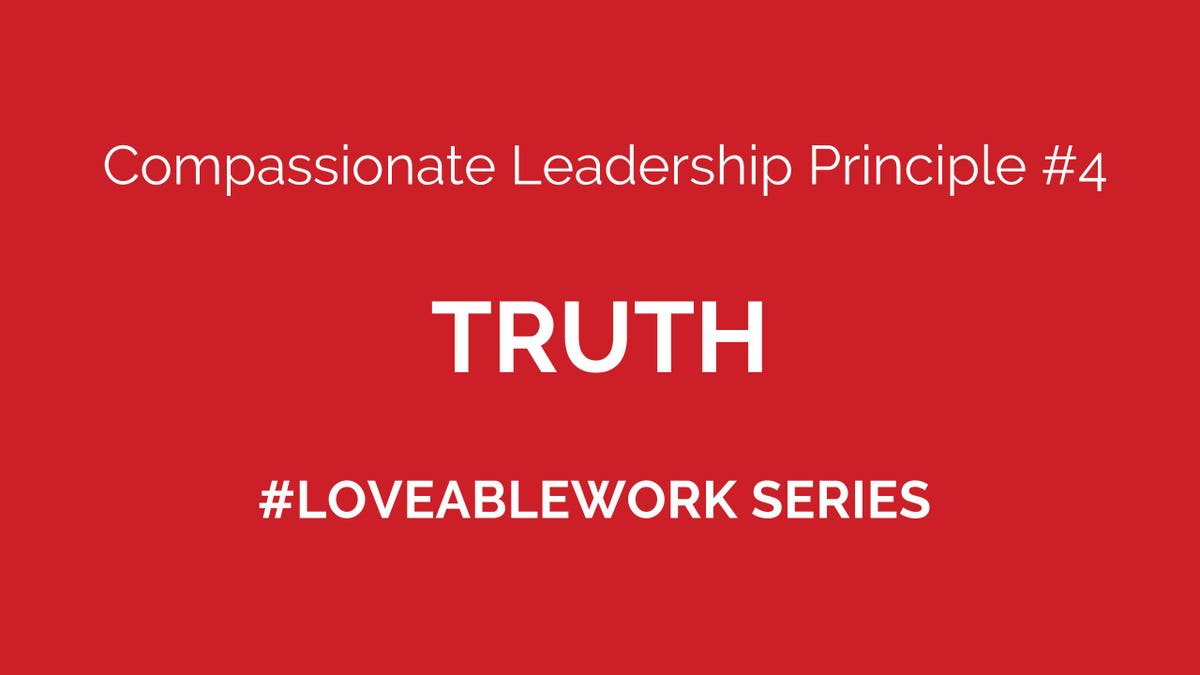A leader needs one thing to be considered a leader: followers. Gaining the trust and respect of your team members is one of the most difficult challenges a boss must undertake. Still, it is vital in creating a productive and compassionate work environment.
One of my mentors, a pioneer in leadership at HBO, Larry Carlson explains it this way, “ Communication is the cornerstone of any successful business or relationship. Honesty creates a deeper sense of connection; there’s an unparalleled level of understanding, and work becomes easier and more efficient after that.
From our discussions over the years, Larry’s wisdom resulted in a model we use at Compassionate Leadership called the Carlson Leadership Pyramid to help leaders move from a foundation of honesty to leading with love:
He explained this concept through an organic and thought-provoking progression of team development. First, you begin with honesty, leading to trust; then trust leads to intimacy, and intimacy leads to love. Teams that love each other can do amazing things!
As you move along this progression, you must be able to challenge your own limiting beliefs about your team and your ability to lead them with love.
As a leader, fostering positive relationships with your employees and retaining extraordinary talent may begin with taking an inventory of the beliefs that make up your overall attitude. To help managers develop, I define limiting beliefs as those ideas that hold you back from being an effective leader and moving your team toward a vision. These ideas can be very subtle yet extremely powerful.
Here is a list of some common limiting beliefs that have been held by executives I have coached and how they can be challenged and transformed into a more positive and empowering reality.
Limiting: My team is too inexperienced –
Empowering: I need to provide more coaching and training for my team so they can reach their potential.”
Limiting: My company has not given me the tools or resources to succeed.
Empowering: I have to present a cost/benefit analysis to my boss to get more resources for my team.”
Limiting: We will not succeed in this economy.
Empowering: In this economy, I have to encourage more innovation.”
Limiting: The top leaders in this company do not know what they are doing.
Empowering: I believe in the mission of this organization, and its leaders are doing their best. I bet I can help by being more courageous in the feedback I give them.
Limiting: This job is beyond my skill level.
Empowering: I need to invest more time in my leadership development.”
As you can see, limiting beliefs can stop you from being creative and productive. Empowering beliefs can help you get unstuck and move into effective action.
Leader Activity:
1. What limiting beliefs do you have as a leader that may be holding you back from your personal, team, and organizational visions?
2. How can you challenge these beliefs and transform them into more empowering/actionable ideas that can move you toward your vision?
Team Activity:
1. What limiting beliefs do you have as a team that may be holding you back from your personal, team, and organizational visions?
2. How can you challenge these beliefs and transform them into more empowering/actionable ideas that can move you toward your team’s vision?
Learn more about becoming a more effective leader and meet other inspiring leaders in future installments of this series.
Read the full article here





